Undergraduate
Last Updated:
General Information on Undergraduate Program
The undergraduate program in Industrial Design equips students with theoretical knowledge, practical skills, and professional competencies to effectively address real-world design challenges. The curriculum includes foundational and elective coursework in areas such as materials, manufacturing techniques, structures, human factors and ergonomics, design history and culture, marketing, and management. Students develop strong proficiency in design communication using both traditional and computer-aided drawing and modeling techniques. Studio courses form the core of the program, providing opportunities to engage in diverse design projects that integrate and build upon foundational knowledge. In their final year, students typically collaborate directly with industry on their graduation projects. Ultimately, the program prepares graduates to creatively and effectively tackle a broad range of industrial design problems, without limiting them to specific areas of specialization.
For up to date curriculum information click here.
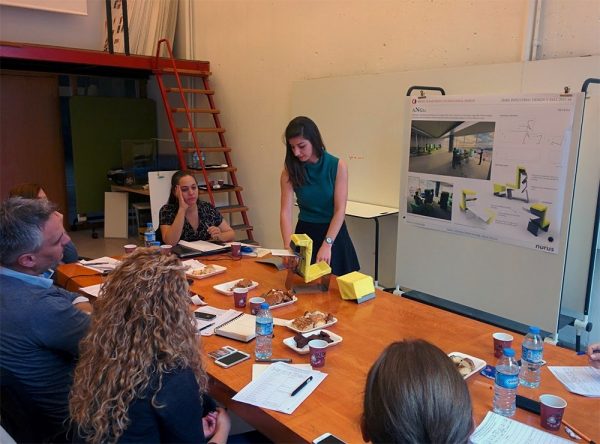
First Year
The first year is dedicated to Basic Design, where students are introduced to the basic concepts of design, visual thinking, the nature of different materials and structural principles.
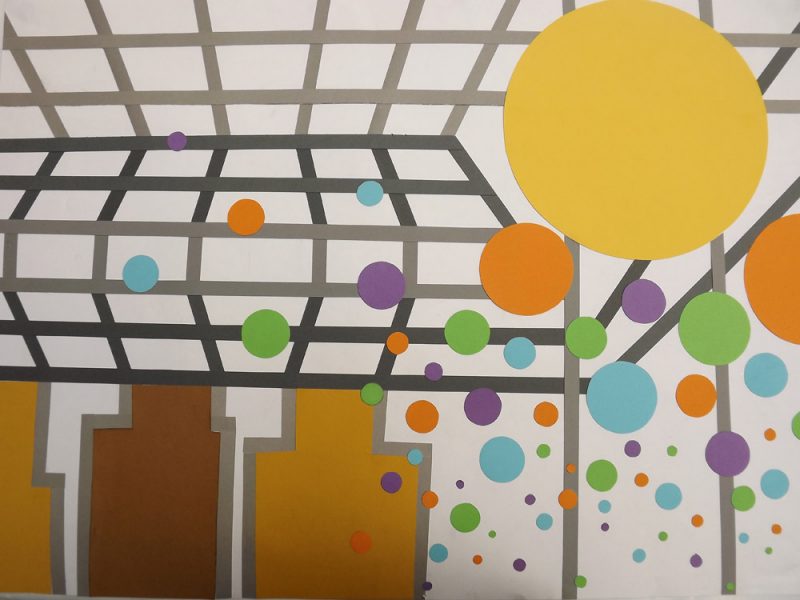
Second Year
The second year Industrial Design studios are concerned with issues of innovation, styling, redesign and human-product interaction. Design projects at this stage focus on the functional requirements of products, while introducing systematic thinking and scenario building.
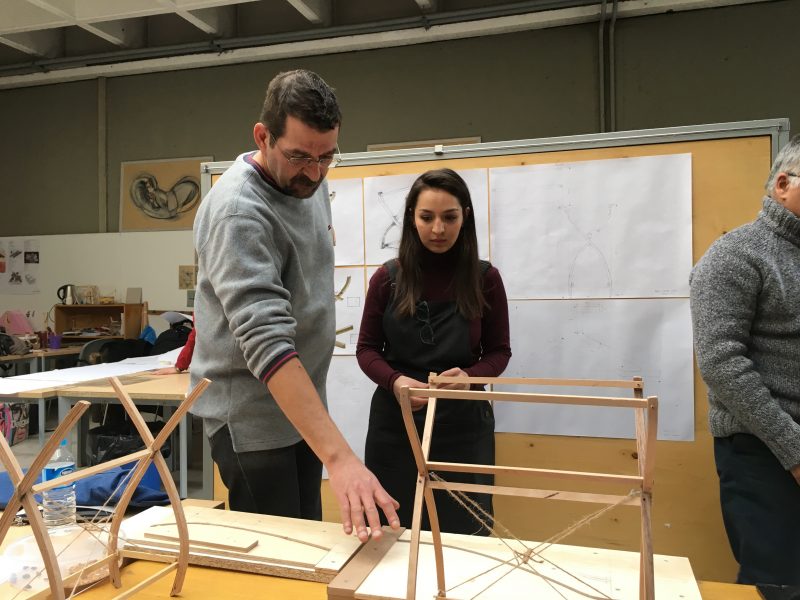
Third Year
The third year Industrial Design studios regularly collaborate with industry partners, communities and civil society organizations for projects that foreground sustainability criteria and participatory practices. Developing an individual design approach, style and context-awareness are educational objectives at this stage.
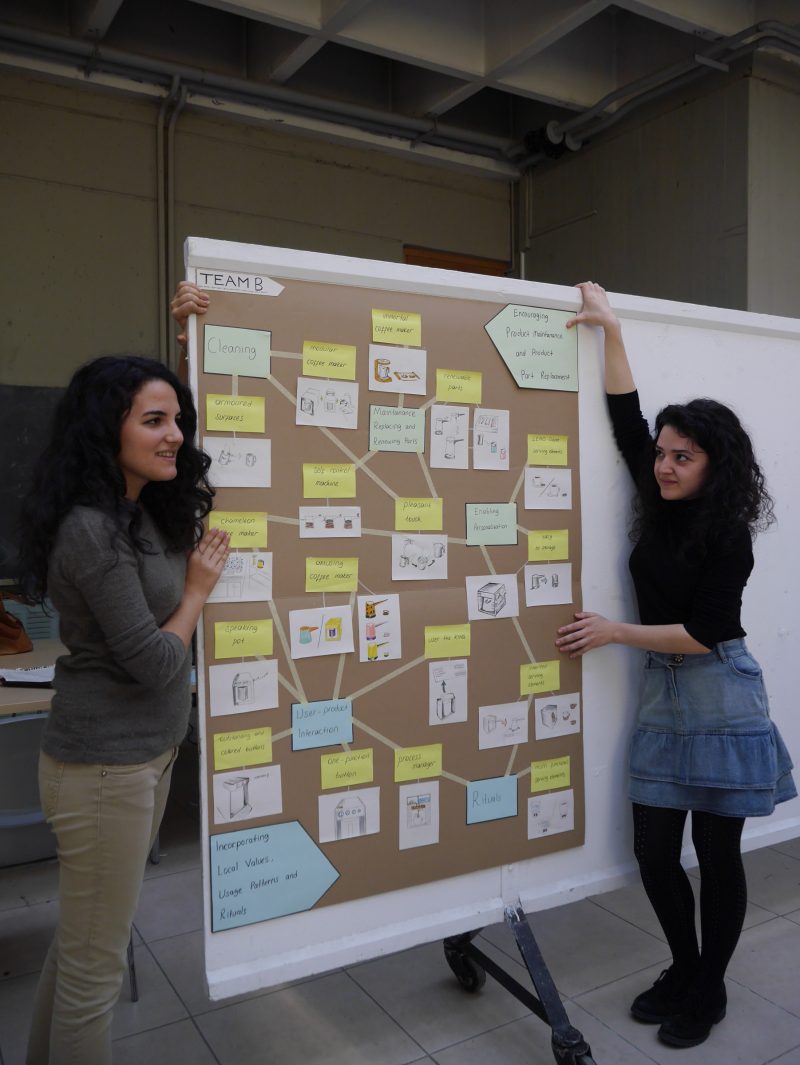
Fourth Year
In the fourth year studios, industrial design education focuses on university and industry collaborations with a wide range of sectors. In the Graduation Project course, which is the last project course of our curriculum before graduation, each student is expected to develop a single design project for the entire semester in collaboration with a firm. In this project, which will reflect the skills and design approach that the student has acquired throughout their education in a unique way, it is aimed to rehearse professional life to a certain extent before graduation. The Graduation Projects Exhibition has been held every year since 2002 at METU Culture and Convention Center with the wide participation of the university, industry and our graduates.
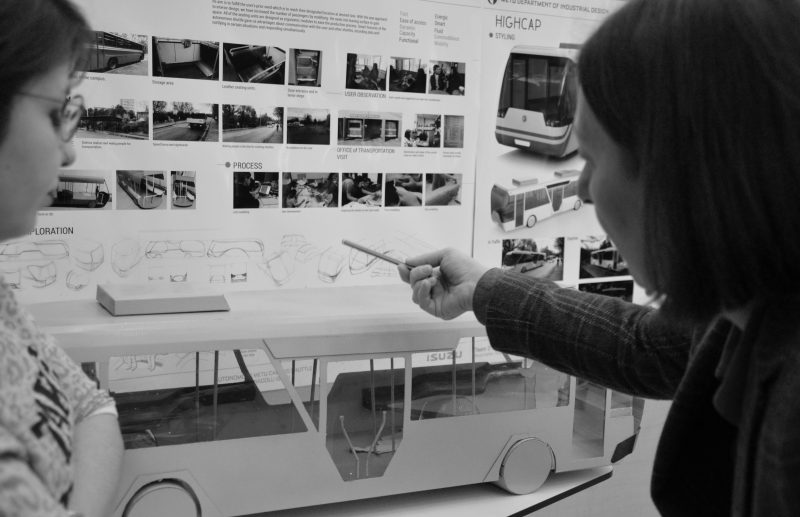
Other Courses
The design studio courses are accompanied by compulsory courses that provide students with in-depth technical and theoretical knowledge and skills. The curriculum includes courses on visualization and modelling techniques, covering freehand drawing, technical drawing, model making and computer-aided 3D modelling; and theoretical courses on elementary physics, structures, materials, manufacturing techniques, ergonomics and user research, marketing, design management, design history, and cultural and critical aspects of design. The curriculum also includes an extensive range of hands-on and theoretical elective courses that offer specific skills, knowledge and experience, from jewellery design to multimedia design. In addition, students are required to carry out summer practices in manufacturing companies and professional design offices.
The program provides students with design skills and knowledge to cope with diverse problem areas in industrial design without being restricted to fields of specialization. Our graduates are proficient at creatively defining and solving problems, planning and managing the design process, and conducting design-centred research, with an awareness of and sensitivity towards sociocultural and technological contexts.
